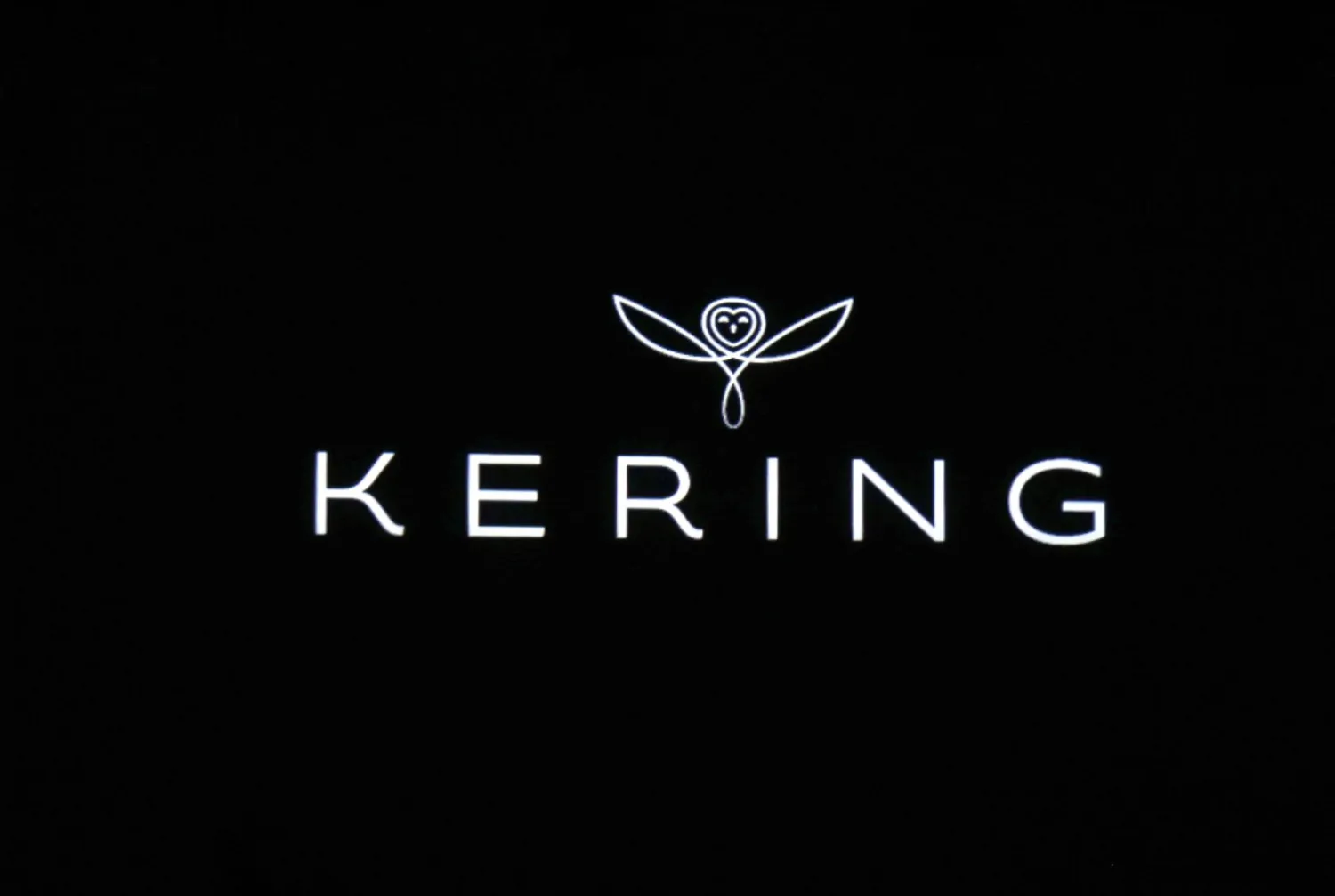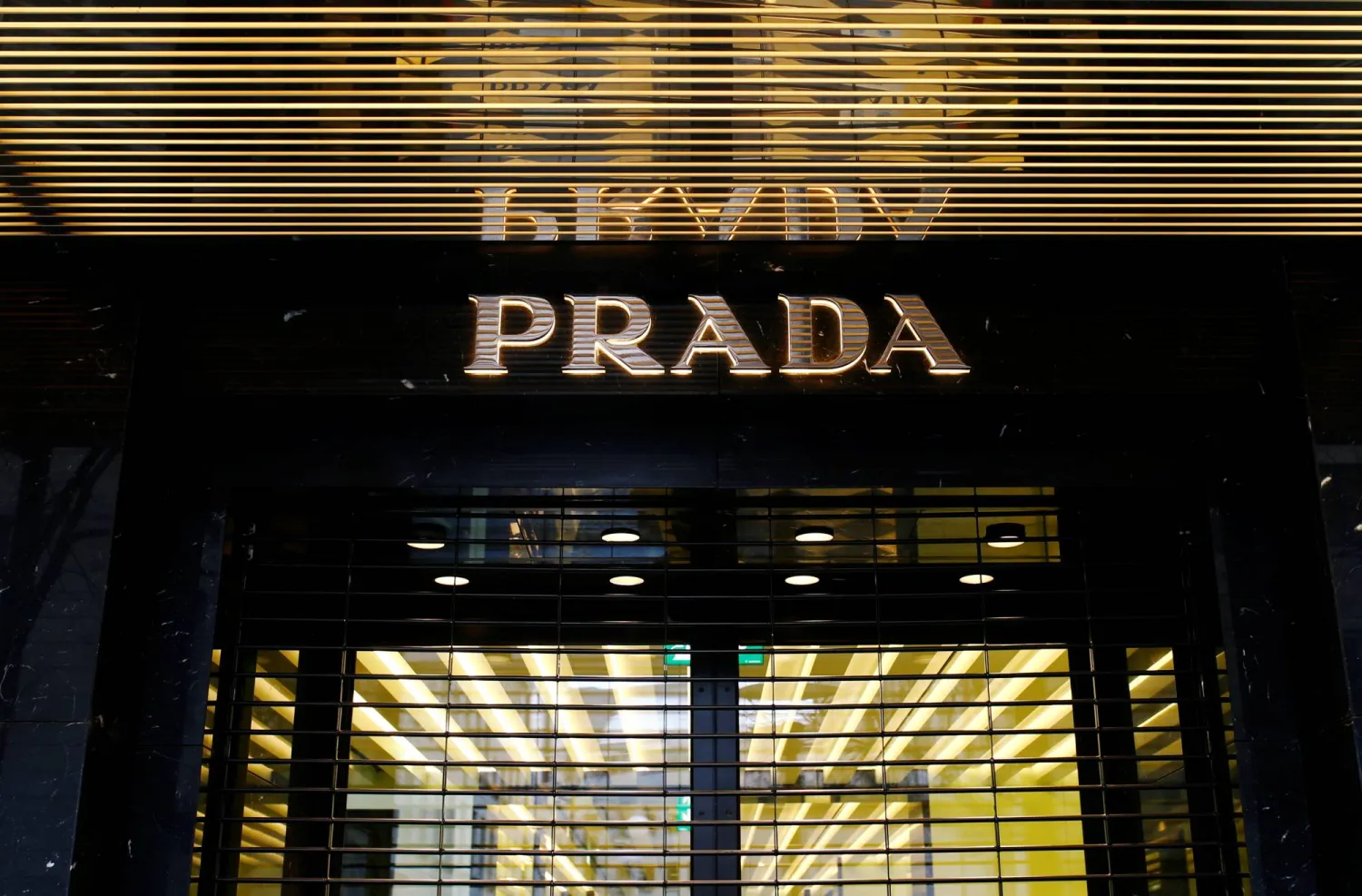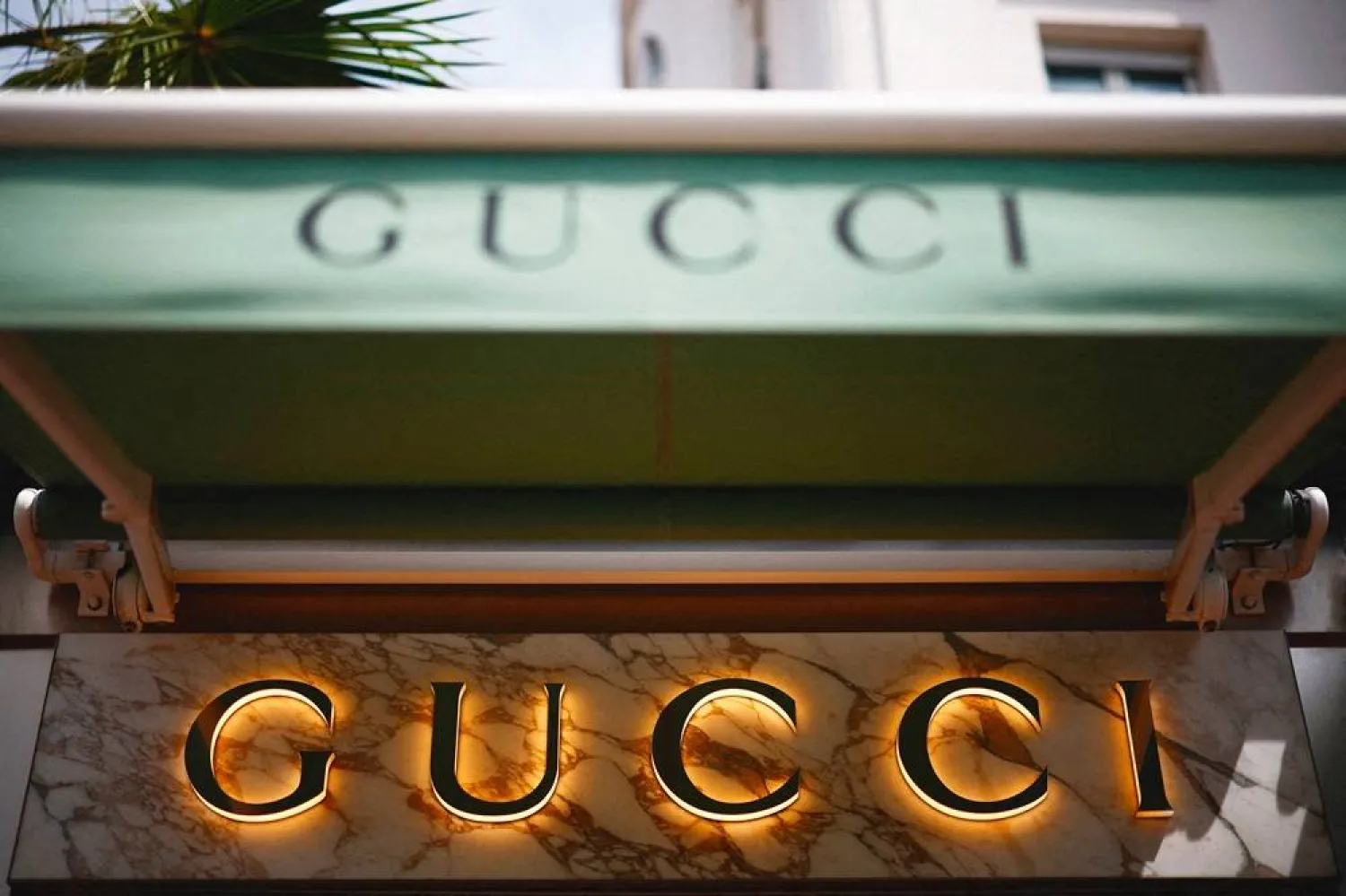Kering posted a 4% decline in fourth quarter sales, hit by slowing demand for fashion as it seeks to turn around its top brand Gucci, and cautioned that investments in its labels could affect margins in 2024.
Sales at the French group, which also owns fashion brands Bottega Veneta and Balenciaga and jeweler Boucheron, fell to 4.97 billion euros ($5.36 billion) in the final three months of the year, despite improvement in the United States and Europe. That was broadly in line with expectations for 4.94 billion euros, according to consensus estimates cited by RBC.
After a post-pandemic splurge that fueled stellar sales growth for high end fashion companies over two years, consumers have been reining back purchases, particularly younger, less wealthy clientele that are more vulnerable to rising inflation.
"We will continue to invest in our brands in the long term -- yes, that means in the coming year our margins will be less supported than in previous years," Kering chief financial officer Armelle Poulou told reporters, according to Reuters.
"We think it’s the good strategy to ensure growth in the long term for our brands," she added.
Kering’s efforts to revive sales at its star label Gucci, which has lagged rivals over the past two years, have been complicated by the slowing demand.
Barclays' analysts project industry-wide growth from high end luxury companies of 5% this year, down from 9% last year and double digit growth the previous two years.
Gucci's performance improved over the fourth quarter, down 4% year-on-year, compared with a 7% decline in the third quarter. The label's recurring operating margin stood at 33.1% for the full year, lower than its level of 35.3% in the first half.
"Gucci is not performing worse than expected which is a relief," said Piral Dadhania, analyst with RBC, noting that the focus would now turn to Gucci's margin outlook.
Kering Says Investments May Hit Margins as Gucci Sales Decline

(FILES) A photo taken on June 18, 2013 shows the new name and logo of French luxury and retail group PPR , Kering. (Photo by FRANCOIS GUILLOT / AFP)

Kering Says Investments May Hit Margins as Gucci Sales Decline

(FILES) A photo taken on June 18, 2013 shows the new name and logo of French luxury and retail group PPR , Kering. (Photo by FRANCOIS GUILLOT / AFP)
لم تشترك بعد
انشئ حساباً خاصاً بك لتحصل على أخبار مخصصة لك ولتتمتع بخاصية حفظ المقالات وتتلقى نشراتنا البريدية المتنوعة







